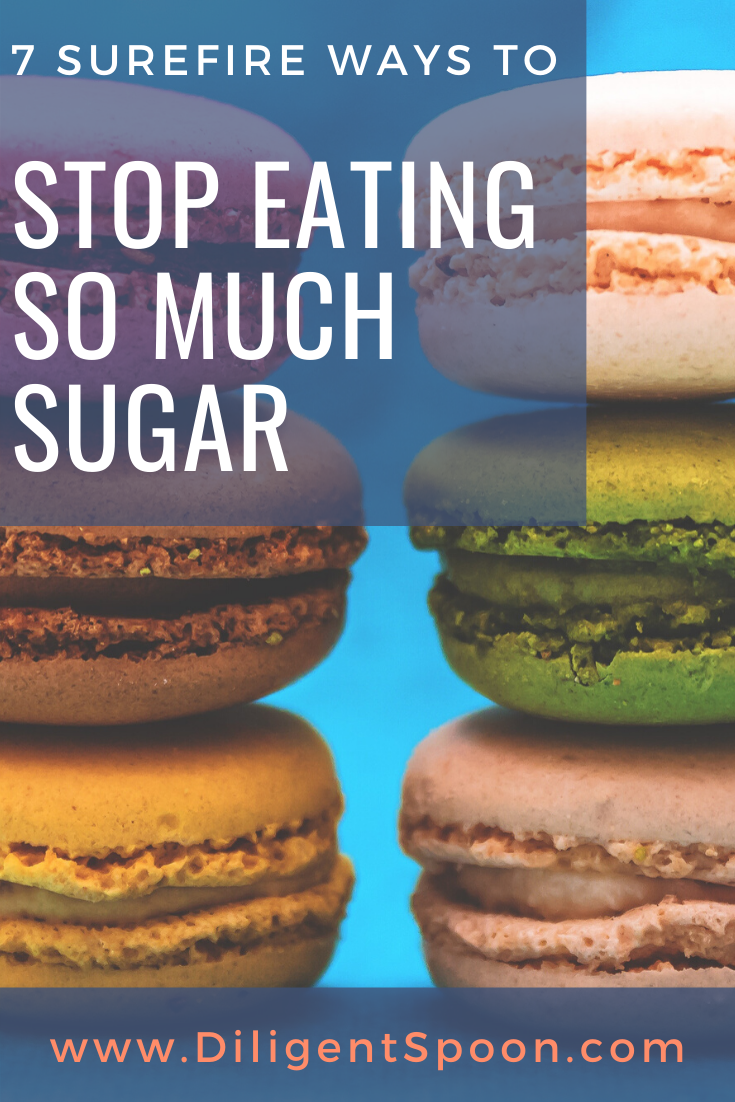
7 Ways to Stop Eating So Much Sugar
Most of us realize that too much sugar is bad for our health – not only does sugar have no nutritional value (outside of calories), eating too much can lead to weight gain, type II diabetes, and other chronic health problems.
The problem: sugar is wonderfully delicious! Case in point: the average American consumes more than ⅓ cup of added sugar daily – that’s 57 pounds per year!
If you have a few minutes, this TEDx video does a great job of explaining why we looovve eating sugar: https://youtu.be/lEXBxijQREo
Even though we humans are hard-wired to consume sweet foods, The American Heart Association recommends no more than 6 – 9 teaspoons of added sugar every day for adults (again, average intake is 17 teaspoons/day). To put this into context, consider that the average 12-ounce soda – or Pumpkin Spice Latte – contains 10 teaspoons of sugar.
What to do!? We are surrounded by sugar and our brains are making us crave it!
There are essentially two steps to stop eating so much sugar: Assess and Act
- Assess: Figure out how sugar is showing up in our life. For example, sugar could be:
- A habitual reward or indulgence (I used to eat a bowl of ice cream every night).
- A way to self-sooth or improve your mood.
- Just a part of your normal diet that you’ve never thought much about.
- Act: Implement strategies to cut down on sugar. There are many ways to tame one’s sugar beast, so trial-and-error it to find the best one(s) for you.
Tactics for Reducing Sugar Intake:
1. Reduce or eliminate sweetened beverages
This is low-hanging fruit! Regular soda, sugar-sweetened energy drinks, fancy coffees (see PSL reference above), or fruit juice – all of these are either 100% sugar or loaded with it. I recommend eliminating these from your life. If you prefer to baby-step it, start by either reducing your overall intake, substituting lower sugar options (ie, cappuccino instead of a PSL), or diluting them first.
2. Replace high sugar items with lower sugar foods
Many packaged foods come with lots of added sugar – instant oatmeal and yogurt are two “healthy” foods that come to mind. Most of these foods also come in reduced or no-sugar-added versions. For example, you can swap reduced-sugar or plain oatmeal for flavored instant; plain or no-sugar-added yogurt for the sweetened kind. In both of these examples, I like to add cinnamon and nut butter for flavor and fat.
3. Find non-food ways to reward yourself or lift your mood
This doesn’t work so well for me because I love and think about food at all waking hours. However, I know a lot of folks who find this useful. It goes like this: instead of a bowl of ice cream with your netflix, how about painting your nails, or getting a foot rub from a nice person. Another example: If you pass by a pastry shop when you’re out, instead of treating yourself to a danish, put that money towards another goal, or treat yourself with something small like a new lip gloss.
4. Do allow yourself to indulge once in a while
This is definitely one of my secret weapons to maintaining a clean diet most of the time. One day a week – it’s Saturday – I eat whatever I want and don’t feel guilty about it. Just knowing that I get that day to indulge drastically reduces cravings on other days – I think to myself, “That’s what I’m having on Saturday!” Most of the time, when Saturday does roll around, I find myself going less crazy than I expected.
5. Maintain a “health is wealth” mindset
I think about this a lot. If you eat garbage, over time, you will feel like garbage. The human body can handle the occasional dessert or plate of fries – no problem. However, it’s no secret that overeating and eating high-sugar, highly-processed foods over time often leads to chronic and debilitating conditions like heart disease, diabetes, stroke, and more.
6. If hungry, then eat; otherwise, don’t eat
Are you hungry, or just looking for something to do? I’m just as guilty as anyone on treating eating like a recreational activity. But it’s not. It is necessary, one of life’s joys, and best done socially, but it’s not in the same category as tennis, yoga, rafting, etc. Next time you’re bored-hungry, have a list of pre-brainstormed alternative activities to get your mind off that donut. Some of my favorites are: going for a walk, reading one of the many articles on my “to read” list, calling a friend, journaling/writing, there are so many!
7. Prepare for success – surround yourself with no/low sugar options
Stores, coworkers, family members will always make sure you have delicious sugary foods available. While you can’t control others, you can control what you make available to yourself. When you have healthy options on hand, then you won’t have to resort to whatever muffin is immediately available when you’re hangry at work. Some of my go-to, shelf-stable snacks are: single-serving olives, protein or Rx bars, and nuts.
Any one or a combination of several of these may work for you. Experiment with them and see what makes the most impact for you. For example, I find it easy to avoid sweetened beverages almost completely, but I would never succeed at giving up my food-as-a-reward way of life.
Remember, eating well and fueling your body for great health is a long game. Small changes, implemented consistently over time, will have a large, cumulative impact. With that in mind, I urge you to try at least one of these methods to reduce you sugar intake, It might be a lot easier than you think, and your body will absolutely thank you.
Works Cited
“How Much Is Too Much?” SugarScience.UCSF.edu, 8 Dec. 2018, sugarscience.ucsf.edu/the-growing-concern-of-overconsumption.html#.XXeNMJOpHOQ.
“How Sugar Affects the Brain – Nicole Avena.” YouTube, 7 Jan. 2014, youtu.be/lEXBxijQREo.
Tamarkin, Sally. “Here’s How To Actually Stop Eating So Much Sugar.” BuzzFeed, BuzzFeed, 21 July 2019, www.buzzfeed.com/sallytamarkin/dearest-sugar.


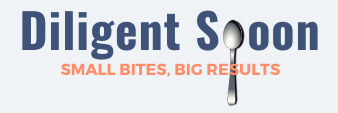
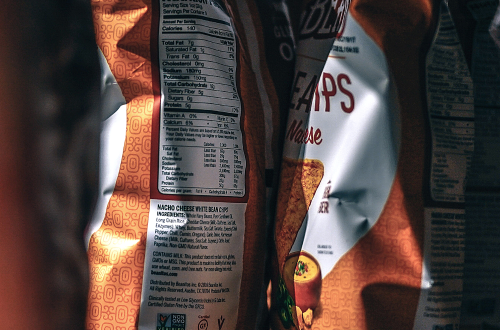
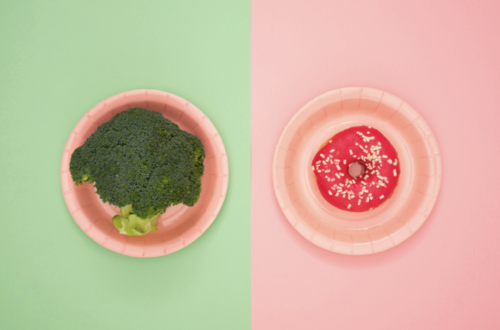
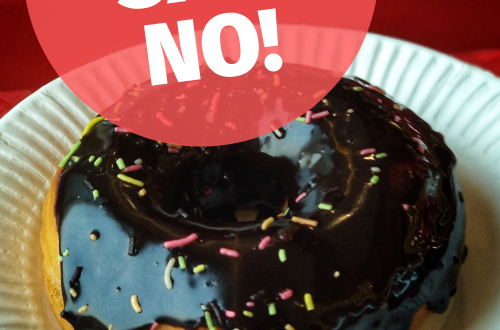
One Comment
Pingback: